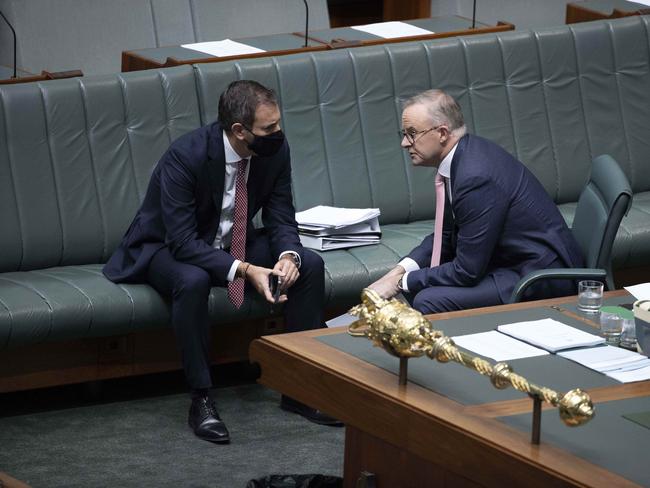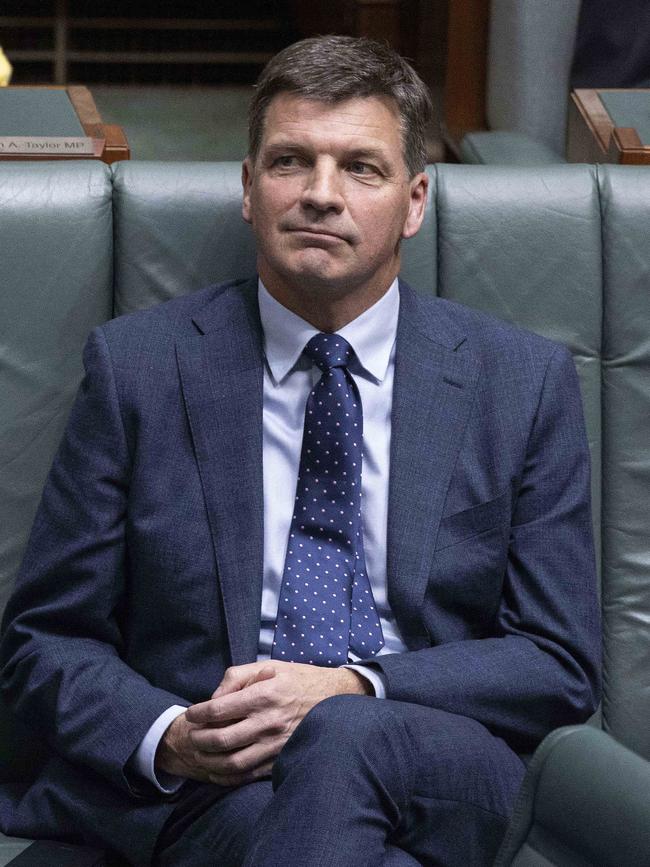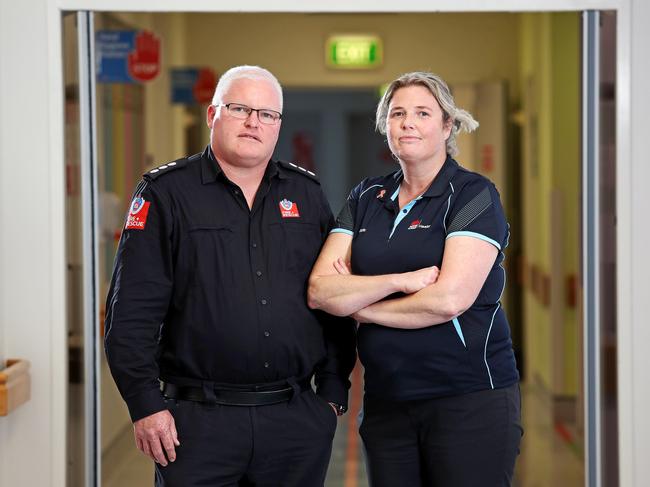Backflip on tax cuts could see hard working Aussies miss out
Tens of thousands of tradies, teachers, nurses and emergency service workers could miss out on promised tax breaks amid talk of a backflip by Labor on the cuts. See how much you could lose.

National
Don't miss out on the headlines from National. Followed categories will be added to My News.
TRADIES, emergency service workers, senior teachers and nurses would have their promised tax breaks trimmed if the Albanese government changed stage three cuts for aspirational Australians.
Any attempt to reduce the cuts for Australians earning up to $200,000, which are due to start in mid-2024, would amount to a “war on aspiration,” says Opposition treasury spokesman Angus Taylor.
Treasurer Jim Chalmers on Thursday said Labor’s position on stage three “hasn’t changed,” but his rhetoric around “responsible” budget measures has fuelled speculation the government is contemplating a change to the higher end of the cuts.
Up to 52,000 apprentices, 78,000 bricklayers, carpenters or joiners, and 266,000 registered nurses are among those who would benefit from stage three, based on analysis of Australian Taxation Office occupation statistics for 2019-20.
It is understood none of the options being canvassed by Labor behind the scenes would involve “cancelling” any tax cut.

Mr Taylor said it was wrong to characterise stage three as only helping the “top end of town”.
“These are hardworking, aspirational Australians like teachers, hairdressers and tradies, who are just trying to get on with paying off their homes, raising their families and contributing to our economy,” he said.
However school principals, diesel mechanics and emergency service workers – particularly those who take on overtime – would be impacted if the changes were made to the upper end of the tax cuts.
“The Prime Minister and the Treasurer looked Australians in the eye during the election campaign and promised that Labor would honour these tax cuts.”
Under stage three of the legislated tax cuts, the top tax bracket would be lifted from $180,000 to $200,000, and no one earning under this amount would pay more than 30 cents in the dollar.
AMP chief economist Shane Oliver said stage three cuts were “not just about higher-income earners”.


“If you’re in Sydney or Melbourne a $120,000 salary isn’t what it used to be,” he said.
Under the full suite of changes in stage three, a teacher earning $70,000 would pay $620 in less tax every year, a research scientist on $90,000 would pay $1120 less, while a diesel mechanic on $100,000 would pay $1370 less tax.
Asked why the government was discussing the tax cuts almost two years before they were due to start, Mr Chalmers said it was his job to “make sure the budget is on as sustainable footing as it can be to deal with the challenges we anticipate”.
“We need to make sure we’re building our buffers to the extent that we can against what might come at us over the course of the next couple of years and that we’re dealing with these challenges which are before us,” he said.

St Vincent’s Hospital disaster manager Rachel Macfarlane said the upcoming tax cut would be helpful for “all nurses,” including herself.
There were currently disincentives in the system to take more overtime because it pushed nurses into higher tax brackets, said Ms Macfarlane, who earned about $115,000 last financial year.
She also said while the looming tax cut would be “quite beneficial”, it would be nice if nurses were also “recognised financially” through what they were paid.





